Britain races to vaccine target as Germany warns hardest days ahead
Britain said it had helped raise $1 billion (818 million euros) from global donors towards the drive to help "vulnerable countries" access coronavirus vaccines, by match-funding contributions.
Britain on Sunday raced against the clock to vaccinate as many people as possible while Germany warned of the "hardest" days yet to come with Europe battling to contain soaring coronavirus infections.
January 11 marks one year since China confirmed its first death from Covid-19, a 61-year-old man who was a regular at Wuhan city's market, where the pandemic emerged before spreading around the world.
Nearly two million deaths later, the pandemic is still thriving, with new variants again prompting governments from Israel to Australia to impose lockdowns, curfews and restrictions -- even with mass inoculation drives underway.
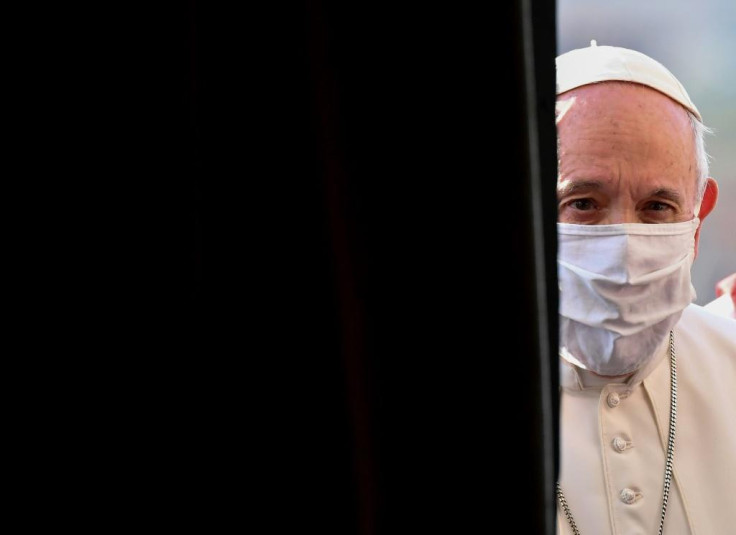
UK Health Secretary Matt Hancock said Sunday that every adult in Britain will be offered a jab by autumn, with officials vaccinating 200,000 people daily in a race to meet a target of 15 million of the most vulnerable by mid-February.
The vaccine drive comes as Britain recorded another 563 fatalities from the virus, bringing its deaths to over 81,400, one of the highest tolls in Europe.
Soaring cases are forcing UK medical chiefs to try to prevent hospitals from being overwhelmed and the government to reinforce its campaign for people to abide by stay-at-home orders.
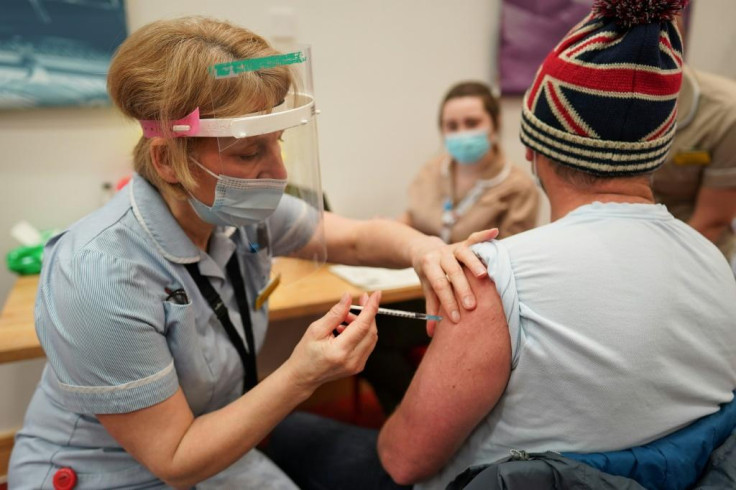
"Of course we are all tired of restrictions, but we must find the collective strength to get through this critical stage and save as many lives as we can," England's Chief Medical Officer Chris Whitty wrote in The Sunday Times.
Germany topped 40,000 fatalities on Sunday, the centre for disease control announced.
Chancellor Merkel warned in a weekly video message that the country had yet to feel the full impact of socialising over the Christmas and New Year.
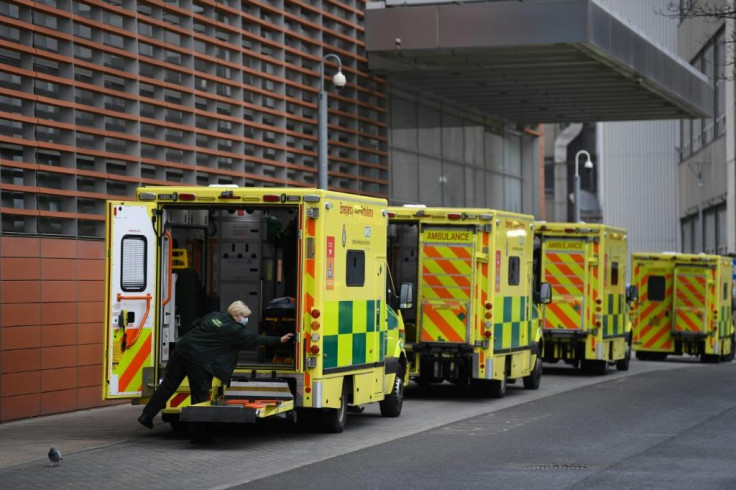
The coming weeks will be "the hardest phase of the pandemic" so far, she said, with hospitals stretched to their limits. More than 1.9 million people have been infected so far, with almost 17,000 new cases in Germany since Saturday.
Belgium also passed a significant threshold, topping 20,000 deaths, more than half in retirement care homes, health officials said.
In France, where there has been criticism of the slow pace of vaccinations, more than 50,000 doses of the Moderna vaccine were due to arrive on Monday, Health Minister Olivier Veran said.
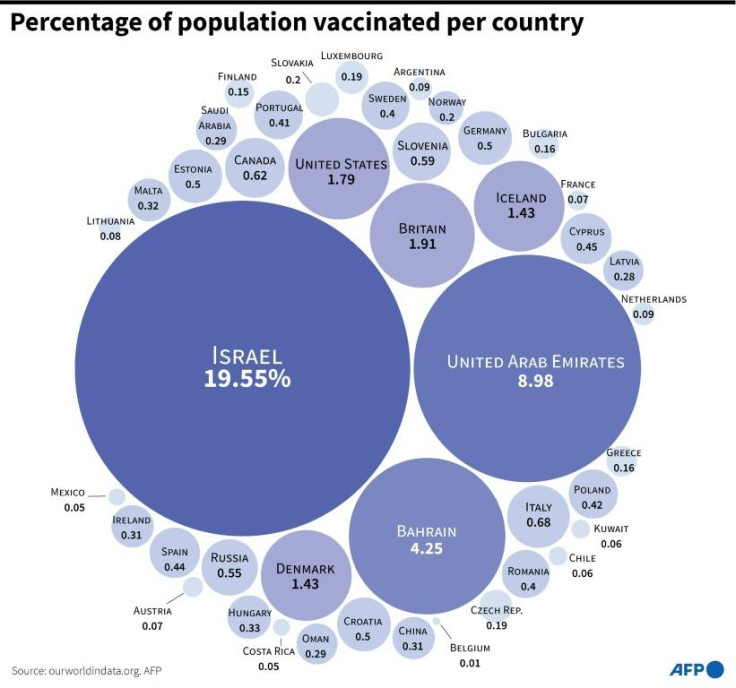
With vaccines deemed the only way to end to the health crisis, governments across the globe are ramping up inoculations while being forced to reintroduce economically painful shutdowns and restrictions to curb the virus spread.
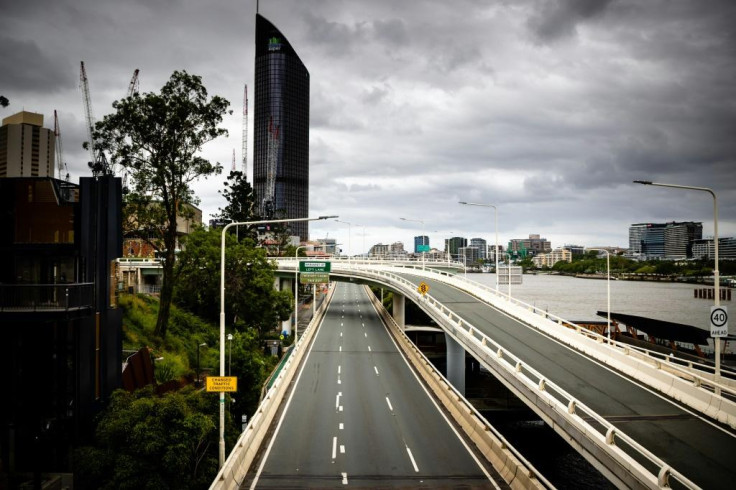
Pope Francis and Britain's Queen Elizabeth became the latest high-profile figures to join the global vaccination campaign as officials try to overcome scepticism over jabs developed in record time.
Pope Francis urged people to get the vaccination and said he would be inoculated himself next week when the Vatican begins its campaign, while denouncing opposition to the jab.
"There is a suicidal denial which I cannot explain, but today we have to get vaccinated," the pontiff told Canale 5 in an interview broadcast Sunday.
Britain's Queen Elizabeth II and her husband Prince Philip received their Covid-19 vaccinations on Saturday, said Buckingham Palace.
India will launch one of the world's most ambitious coronavirus free vaccination drives next Saturday, aiming to reach 300 million people by July, Prime Minister Narendra Modi said.
Cuba said it would test its most advanced Covid vaccine candidate in Iran, after Tehran banned the import of already-proven US and British-produced vaccines.
While more vaccine programmes start up, governments are being forced to reintroduce restrictions that helped slow the spread of the virus last year, but badly disrupted their economies.
Israel on Sunday began its first work week since new restrictions were imposed to tighten the third national coronavirus lockdown, which was declared last month.
Schools that had remained open during the first phase of the lockdown have now been closed following a spike in cases.
All non-essential businesses have also been shut and an increased police deployment was enforcing a ban against people from venturing more than 1,000 metres from their homes, with some exceptions.
France lengthened its night-time curfews in a further eight departments and the Canadian province of Quebec also started an overnight curfew.
On Saturday the streets of Brisbane, Australia were also quiet as its more than two million residents were ordered back into lockdown after authorities detected a single infection of the new strain from Britain.
Russia, meanwhile, confirmed its first case of the UK strain of the virus.
And Britain said it had helped raise $1 billion (818 million euros) from global donors towards the drive to help "vulnerable countries" access coronavirus vaccines, by match-funding contributions.
Copyright AFP. All rights reserved.
This article is copyrighted by International Business Times, the business news leader





















